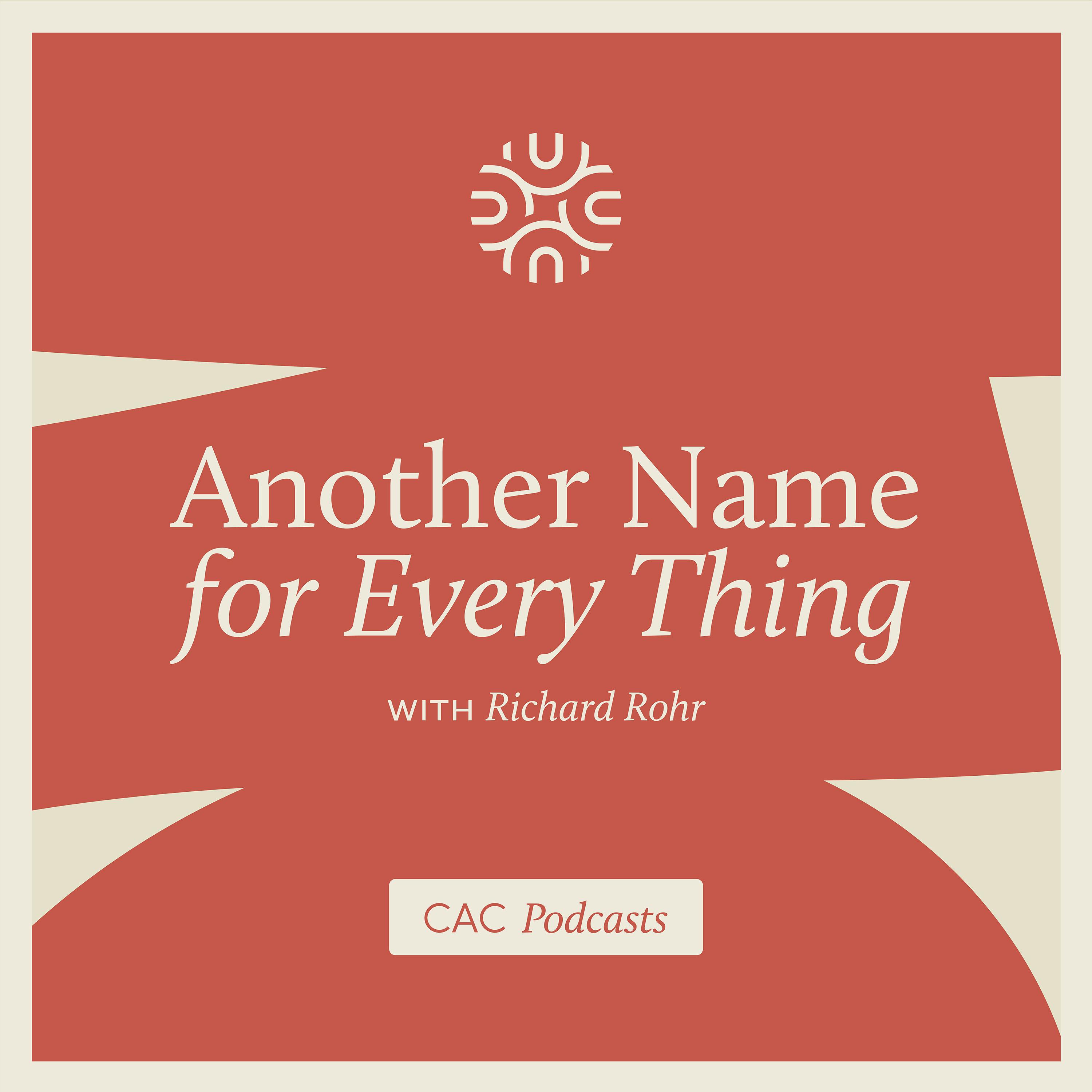
SOLACE: Soul + Grief
This podcast is sponsored by SOULPLUSGRACE serving the San José/Santa Cruz area, offering grief support and grief journeying with spirituality. I hope to help you travel through grief with God at your side.
"I am a trained Spiritual Director for those who seek to complete the 19th Annotation of St. Igantius’ spiritual exercises OR seek spiritual direction while grieving. I have also worked as a hospital/cemetery chaplain and grief doula. I believe all paths lead to God and that all traditions are due respect and honour. I take my sacred inspiration from all of my patients and companions–past, present and future; the Dalai Lama, James Tissot, St. John of the Cross, the Buddha, Saint Teresa of Ávila, and, of course, Íñigo who became known as St. Ignatius. I utilize art, poetry, music, aromatherapy, yoga, lectio divina, prayer and meditation in my self-work and work with others. I believe in creating a sacred space for listening; even in the most incongruous of surroundings."
BACKGROUND
- Jesuit Retreat Center, Los Altos, CA -- Pierre Favre Program, 3 year training to give the Spiritual Exercises of Saint Ignatius
- Centro de Espiritualidad de Loyola, Spain -- The Spiritual Exercises of St Ignatius of Loyola -- 30 Day Silent Retreat
- Center for Loss & Life Transition – Comprehensive Bereavement Skills Training (30 hrs) Ft. Collins, CO
- California State University Institute for Palliative Care--Palliative Care Chaplaincy Specialty Cert. (90 hrs)
- Sequoia Hospital, Redwood City, CA -- Clinical Pastoral Education
- 19th Annotation with Fumiaki Tosu, San Jose, CA, Spiritual Exercises of St. Ignatius
- Santa Clara University, Santa Clara, CA M.A. – Pastoral Ministries
CONTACT ME: candeelucas@soulplusgrace.com with questions to be answered in future episodes.
SOLACE: Soul + Grief
Silence in the Storm
Use Left/Right to seek, Home/End to jump to start or end. Hold shift to jump forward or backward.
We explore Karl Rahner's profound spiritual insights from "Encounters with Silence," focusing on finding God within the ordinary routines of daily life. Rahner, a Jesuit priest and influential 20th century theologian who helped shape Vatican II, offers wisdom particularly relevant to those experiencing grief.
• Karl Rahner entered the Society of Jesus in 1922 and was ordained in 1932
• Rahner's vision provided theological support for openness and dialogue between Christians
• His spirituality acknowledges the challenge of finding God amidst life's "empty noise" and "meaningless fury"
• Rahner personally experienced grief through the loss of relatives and friends
• He suggests the only path to God must lead "through the very middle of ordinary life"
• The interior person can find rest and activity unified in the same experience
• Divine love transforms routine activities into a "homecoming" to God
"https://www.amazon.com/Encounters-Silence-Karl-Rahner/"
You can find me on Spotify, Amazon Music and Apple. You can contact me through my email in the show notes. A new episode drops every Friday.
You can reach me at: candeelucas@soulplusgrace.com.
SPIRITUAL DIRECTION WHILE GRIEVING IS AVAILABLE
Art: https://www.etsy.com/shop/vasonaArts?ref=seller-platform-mcnav
and https://fineartamerica.com/profiles/candee-lucas
https://www.amazon.com/dp/B0F2SFH4Z6
Music and sound effects today by: via Pixabay
Welcome to Solace: Soul + Grief. I'm glad you're here. My name is Candee Lucas. I'm a grief chaplain and spiritual director. I was trained by the Jesuits at Santa Clara University and El Retiro, The Jesuit Retreat Center in Los Altos, California. When I started this podcast over four years ago, I wanted a place for people to be able to come to deal with specific issues while they grieve, or for those who just want a gentle accompaniment. You're always welcome here in my circle of healing, love and support.
Candee:Today we return to the spiritual classics and Karl Rahner. The spiritual classics and Karl Rahner. Karl Rahner was a major Christian theologian of the 20th century and one of the chief architects of the Second Vatican Council. He entered the Society of Jesus in 1922 and was ordained in 1932. And, after a time of study under Martin Heidegger, earned his doctorate in 1936. During World War II, he taught and did pastoral work in Vienna. After the war, he held professorships of dogmatic theology at the universities of Innsbruck, Munich munich and Münster.. Rahner's thought and participation influenced much of the language and content of the documents of Vatican II. His vision was world-embracing and provided theological support for openness and dialogue between Catholics and other Christians, as well as a recognition of God's love for all mankind. He was also a man of intense spirituality.
Candee:Today we're going to discuss a selection that comes from his book "Encounters with Silence. Notice how the life of diligent service looks to him it's a matter of daily routine, one that is not so grand and mighty, but a matter of countless trivialities, empty talk, pointless activity, idle curiosity. Because Karl Rahner is honest with God and honest with us, we may be able to identify our daily routines with his. Especially note to those who are grieving. Rahner also suffered the loss in his lifetime of various relatives and friends who were dear to him, and he has an intimate knowledge of suffering and loss.
Candee:Let's hear a passage from "Encounters with Silence.
Candee:"I should like to bring the routine of my daily life before you, o Lord, to discuss the long days and tedious hours that are filled with everything else but you. Many years ago, when I was a schoolboy, I learned that the soul is somehow everything. Oh God, how the meaning of the lofty-sounding phrase has changed. How different it sounds to me now, when my soul has become a huge warehouse where, day after day, the trucks unload their crates without any plan or discrimination, to be piled helter-skelter in every available corner and cranny until it is crammed full for top to bottom, with the trite, the commonplace, the insignificant, the routine.
Candee:"What will become of me, dear God, if my life goes on like this? And what will I myself be at the hour of my death, when I am only myself and nothing else? My whole life long I've been nothing but the ordinary routine, all business and activity, a desert filled with empty sound and meaningless fury. But when the heavy weight of death one day presses upon my life and squeezes the true and lasting content out of all those many days and long years, what will be the final yield? Your love, Your grace and the countless bales of second-hand goods that fill up my daily routine. That's why I see clearly that if there is a path at all in which I can approach You, it must lead through the very middle of my ordinary life. If I should try to flee to You by any other way, I'd actually be leaving myself behind and that, aside from being quite impossible, would accomplish nothing at all.
Candee:"But is there a path through my daily life that leads to You? Doesn't this road take me ever farther away from You, doesn't it immerse me all the more deeply in that empty noise of worldly activity where You, God of quiet, do not dwell? Oh God, it seems we can lose sight of You in everything we do, in anything we do, not even prayer or the holy sacrifice, or the quiet of the cloister, not even the great disillusion which life itself can fully safeguard us from this danger. And thus it's clear that even these sacred, non-routine things belong ultimately to our routine. It's evident that routine is not just part of my life, but even just the greatest part, but the whole. Every day is every day. Everything I do is routine, because everything can rob me of the one and only thing I really need, which is You, my God.
Candee:"God comes to us continually, both directly and indirectly. He demands of us both work and pleasure, and wills that each should not be hindered but rather strengthened by the other. Thus the interior man possesses his life in both these ways, in activity and in rest, and he is whole and undivided in each of them, for he is entirely in God when he joyfully rests, and he is entirely in himself when he actively loves those who do not possess both rest and work in one and the same exercise have not yet attained this kind of justice and peace. No just man can be hindered in his interior recollection, for he recollects himself as much in pleasure as in activity. He is like a double mirror reflecting images on both sides. In the higher part of his spirit he receives God together with all his gifts.
Candee:"I must learn to have both, every day and Your day, in the same exercise. Only through You, O God, only through Your help, can I be an interior man in the midst of my very daily tasks. Only through You can I continue to be myself with You when I go out of myself to be with all the things of the world. Before You all multiplicity becomes one In You. All that has been scattered is reunited in Your love. All that has been merely external is made again true and genuine. In Your love, all the diffusion of the day's chores comes home again to the evening of Your unity, which is eternal life. This love which can allow my daily routine to remain routine and still transform it into a homecoming to You, this love only you can give. There is only one thing I can beg for, and that is Your most ordinary and most exalted gift --the grace of Your love."
Candee:That concludes another episode. A new episode drops every Friday morning. You can find us on Apple Music, Amazon Music and Spotify. If you have any questions about grieving or spiritual direction, my contact information is in the show notes. Remember, be very gentle to yourself. This week, whatever your path, travel with God closely. Vaya con Dios.
Podcasts we love
Check out these other fine podcasts recommended by us, not an algorithm.
IKAR Podcasts
IKAR
All There Is with Anderson Cooper
CNN Podcasts
The Examen with Fr. James Martin, SJ
America Media
Jesuitical
America Media
What's Your Grief Podcast
Eleanor Haley & Litsa Williams
The Spiritual Life with Fr. James Martin, S.J.
America Media
Sensible: Down-to-Earth Spiritual Exercises
Ignatian Center for Jesuit Education
Inside The Vatican
America Media
Another Name For Every Thing with Richard Rohr
Center for Action and Contemplation